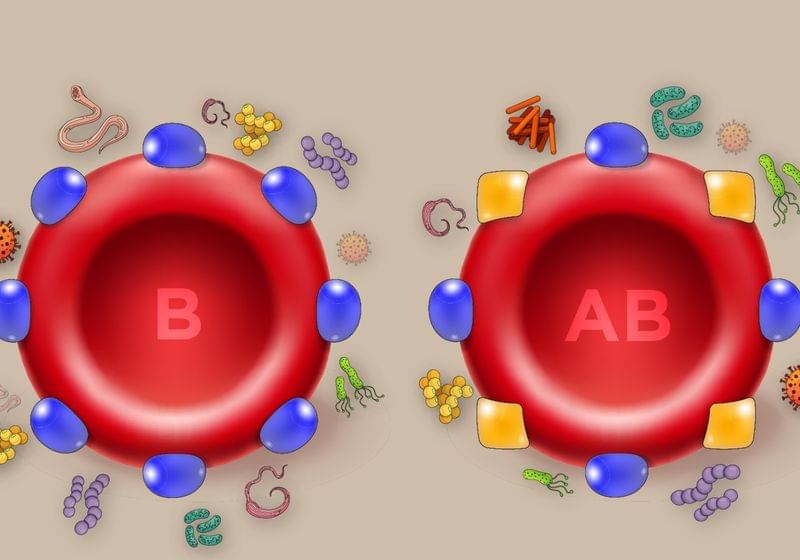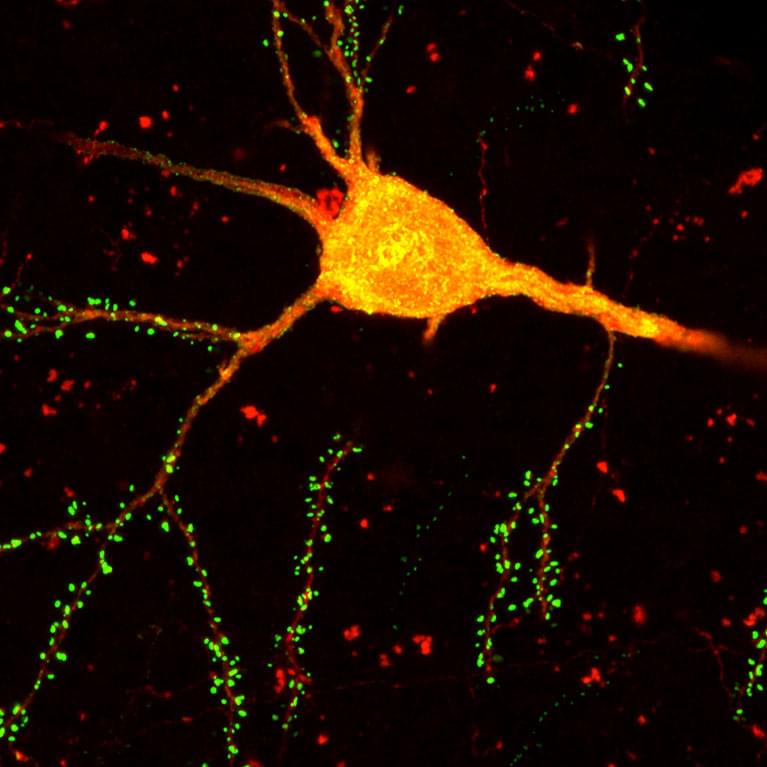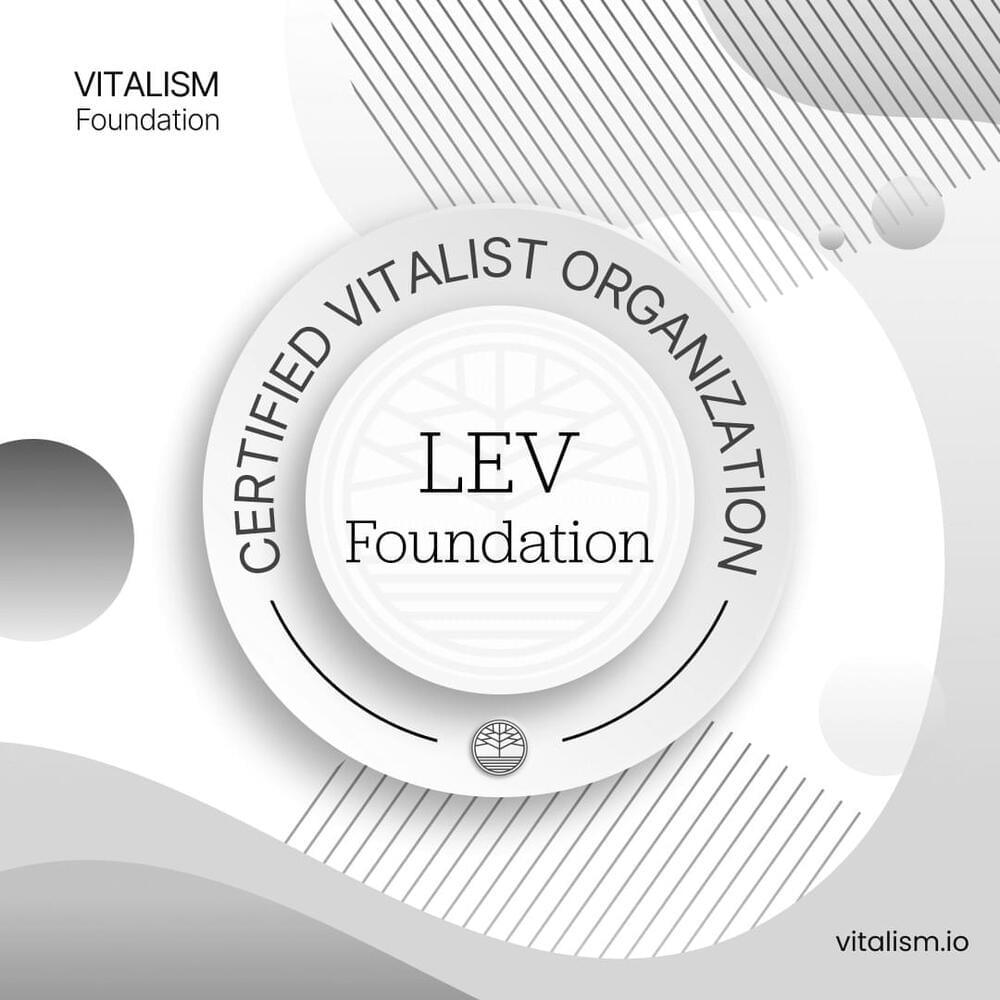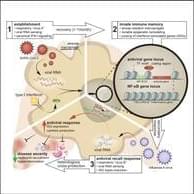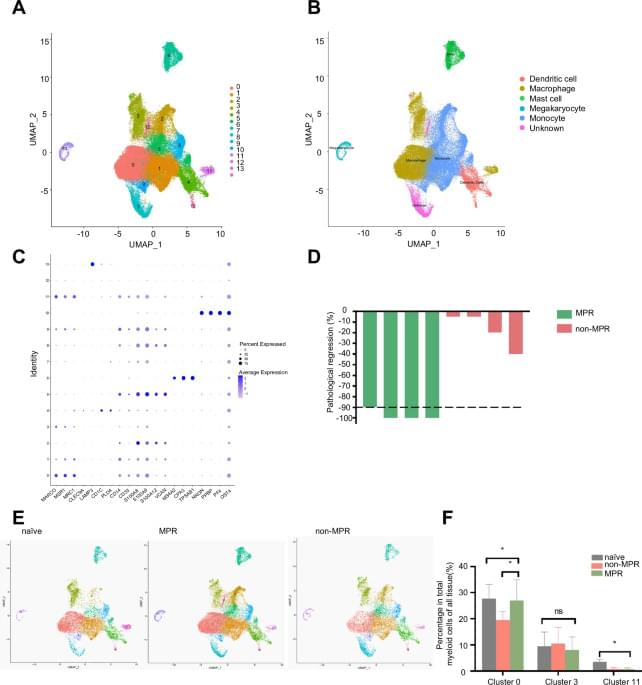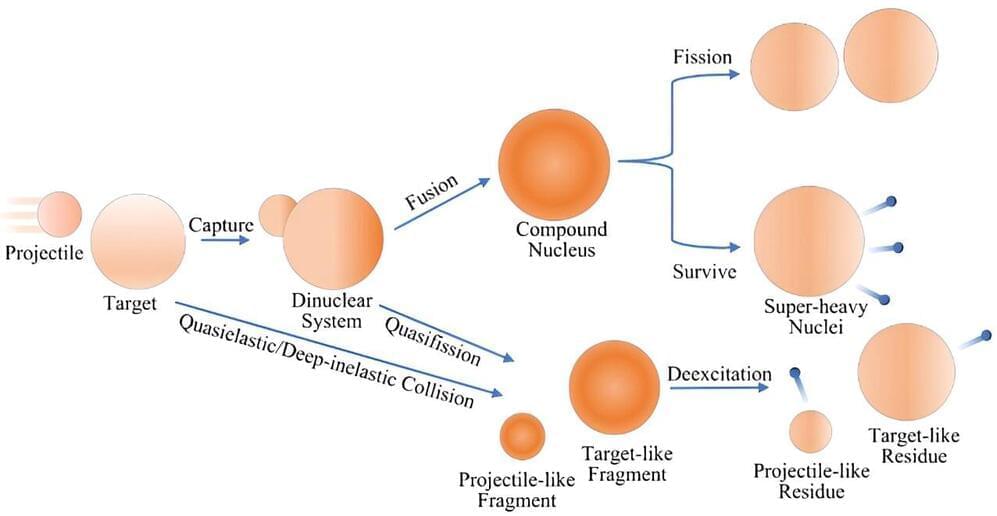Oct 1, 2024
Scientists Discover Important Blood Pressure “Switch”
Posted by Paul Battista in categories: biotech/medical, innovation
Researchers have discovered how certain cells transform to help control blood pressure by producing renin, a substance usually made by specialized kidney cells. This breakthrough could lead to new treatments for high blood pressure and vascular diseases by targeting the genomic “switch” that regulates renin production. Researchers at…


